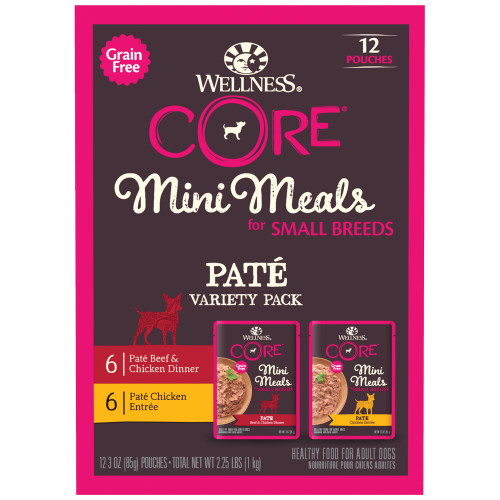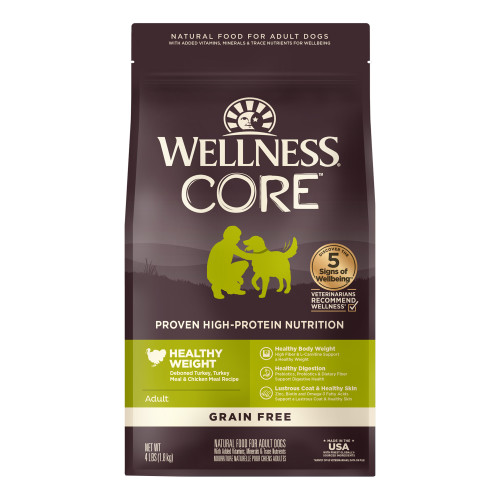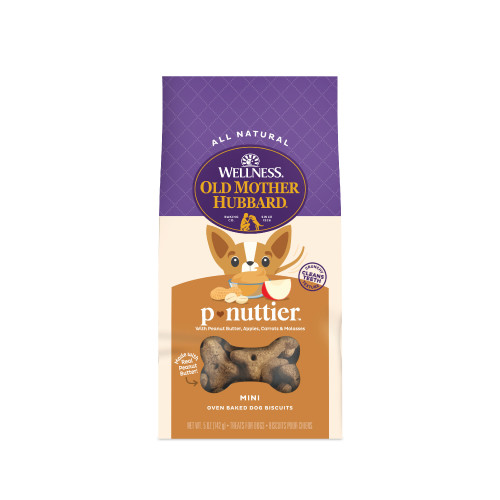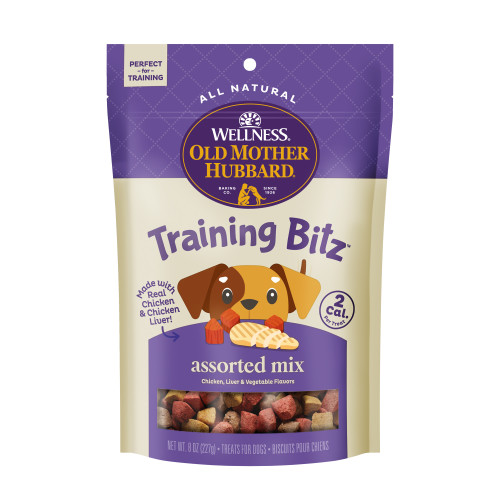May 29, 2018
Maintaining Health in Your Senior Pet
While it might feel like those playful kitten and puppy years will last forever, most cats and dogs are considered seniors by the time they are six and seven years old. The senior years are when health problems can start. By being aware of what they are and how to maintain health in your senior pet, you can keep your senior pet feeling, looking, and acting young and spry for years to come.
Preventative Healthcare for Senior Pets
When it comes to pet health care, being proactive is one of the best things you can do.
Proactive health care includes:
- Regular vet visits – Don’t miss those annual wellness checks; your vet is trained to catch early signs of health problems and to make recommendations regarding the best diet and dietary supplements for your pet’s breed, condition, and age.
- Monitoring your pet’s hygiene – As your pet ages, you will not only want to help with regular hygiene, which includes bathing and brushing, teeth brushing, ear cleanings, gum inspections, eye inspection, parasite checks, and the like, but you will also want to inspect your pet for signs of trouble, for lumps, for dry skin, for missing teeth, etc.
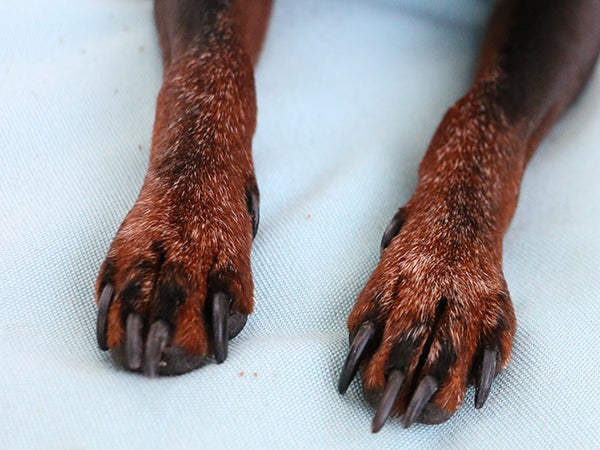
- Daily exercise – A plethora of health problems set in when animals become sedentary. As a pet naturally ages and as his health naturally declines, exercise can become more of a challenge. By never ceasing a fitness regimen, it can be easier to maintain physical health in an aging or senior pet.
- Adopt a healthy diet – Internal problems with your pet’s organs and systems can start as a result of poor diet. If your pet is consuming foods with a lot of foreign ingredients, make the switch to a natural pet food with ingredients scientifically proven to support bone and joint health, for building lean muscles, for being rich in healthy fats, and for promoting liver, digestive, and other systematic health.
When you do see your vet, inquire about supplementing your pet’s diet with supplements or with fatty acids, glucosamine and chondroitin, etc., which can help support your pet’s mobility. You can also ask if your vet recommends changing your pet’s food to something that is specially formulated for aging pets.
Things to Monitor in Aging Pets
As your pet ages, she will naturally slow down a little; however, there are many signs of issues beyond advanced age. As the years tick by, monitor your pet for the following changes or conditions.
- Dramatic weight changes – Senior pets can gain or lose too much weight; dramatic changes in either direction are indicative of a problem. Such problems could be dietary, exercise related, or symptomatic of an illness.
- Mental health issues – Like people, pets can get senile as they age. This is particularly true of pets that are under-stimulated. Signs include wandering, repetitive behavior, signs of anxiety, confusion, disorientation, irritability, aggression, bathroom accidents, and antisocial tendencies to name a few.
- Changes in habits and behaviors – Kidney, urinary tract, and heart disease are evident by changes in your pet’s behaviors. Such changes include increased or decreased urination, coughing, trouble breathing, poor or increased appetite, poor or increased thirst, poor hair / coat, vomiting, and weakness.
Should any of these signs present, you should document them. Write down what the activity is (and record it on your smartphone if possible), when it occurs, how long the behavior lasts, and how frequently it occurs. Then, schedule an appointment with your veterinarian. The sooner you have a plan of action, the better your pet’s outcomes will be.
Caring for Your Senior Pet
In addition to making provisions for monitoring your pet’s health as he ages, you also want to make sure that you are being emotionally supportive of your pet. Just because your pet isn’t as active as he used to be, make sure you still spend time with him, play with him, throw a ball with him, and show him love and affection. This will help your pet feel motivated and happy, and it will help you maintain your pet’s health and wellbeing as he ages.
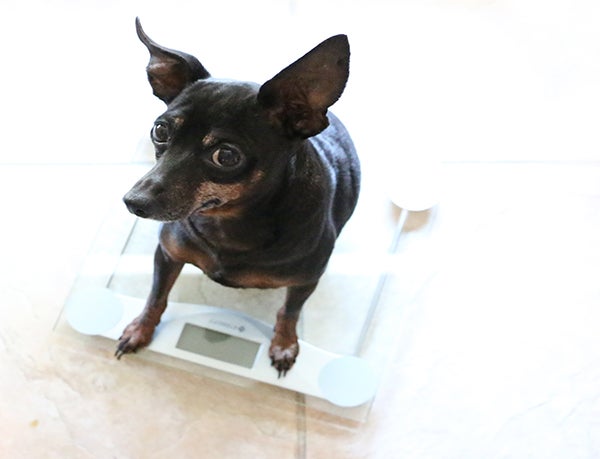
Cats and dogs deserve to live long, healthy lives. By learning how to proactively feed and care for senior pets, you can ensure you pet is around and is healthy for many years to come. That is why Wellness Pet Food has created several different all-natural cat and dog food formulas for pets of varying ages.


